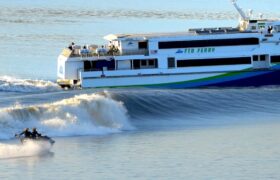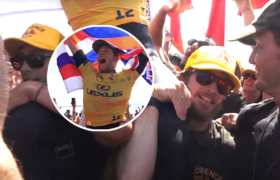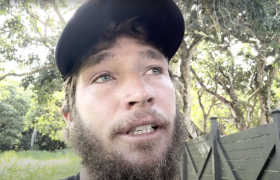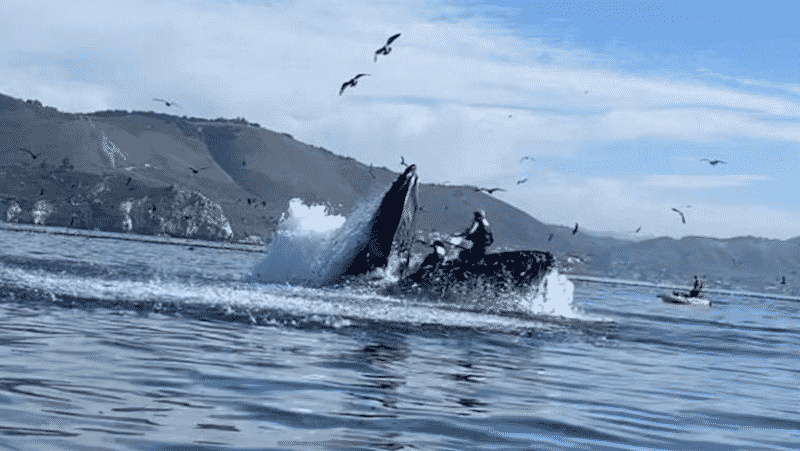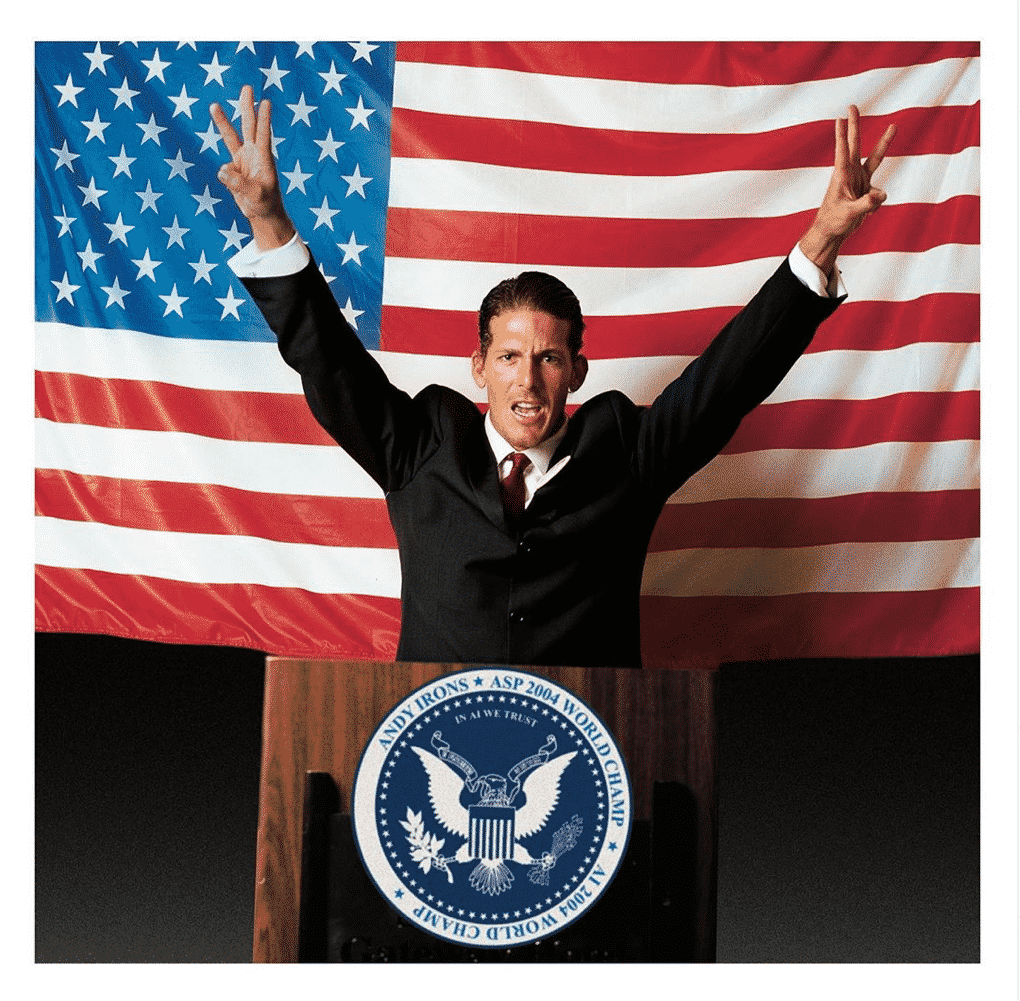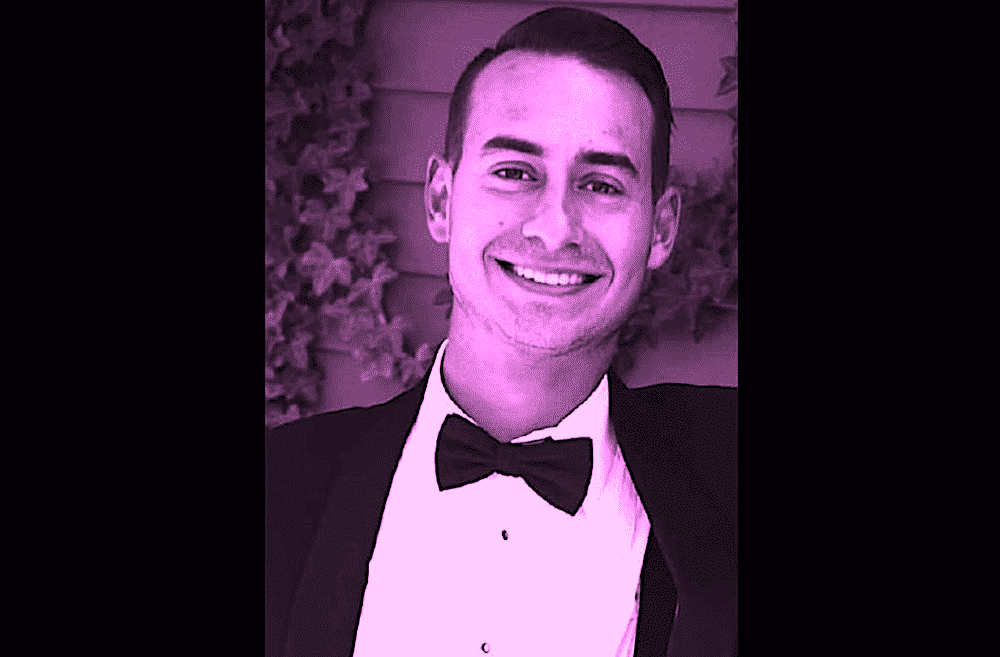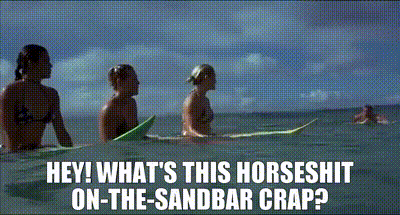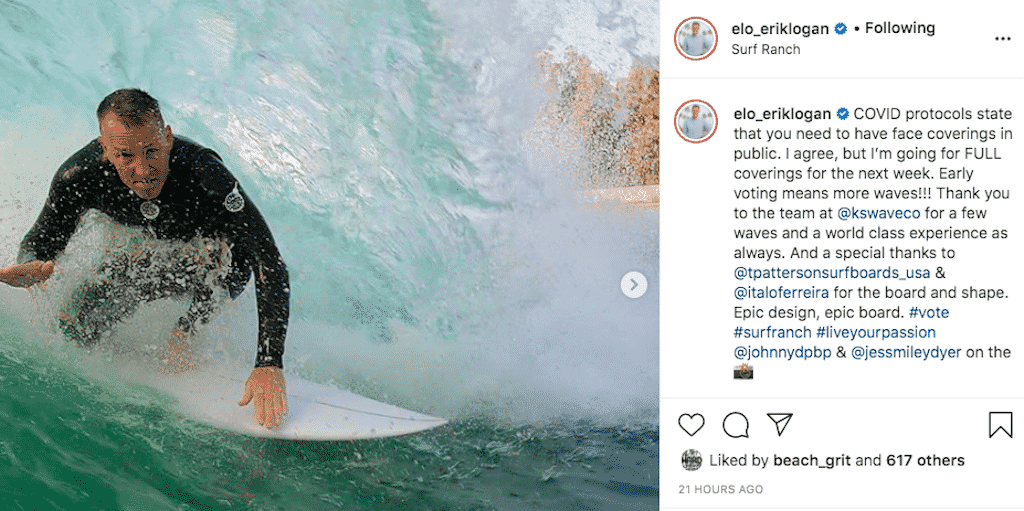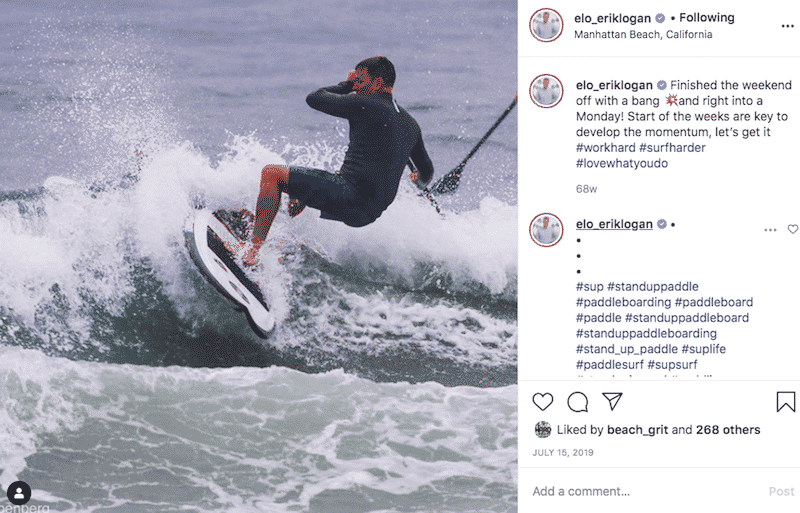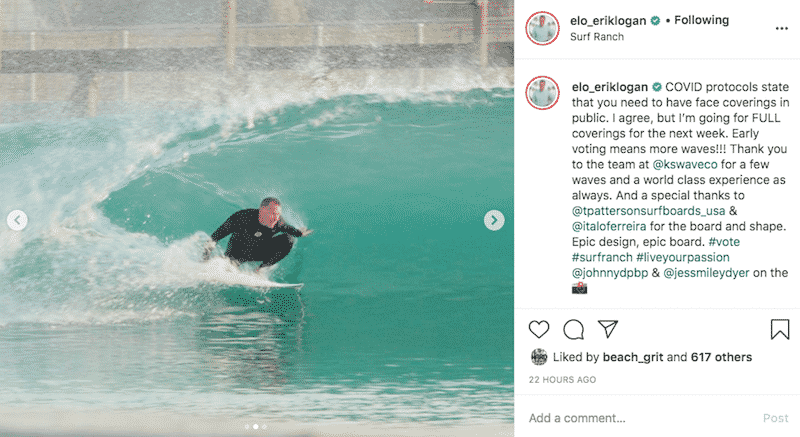Includes surprise cameo by superstar Stab editor
Ashton Goggans…
Editor’s note: Was New Jersey surfer Fabrizio
Stabile’s death at the celebrated Waco wavepool in 2018 caused by
negligence and the matter covered up, as alleged by his family in
their ongoing wrongful death lawsuit? Today, in part part three
(read parts one, here,
and two, here),
a former employee describes “1000 thousand pounds of shock”
chlorine being dumped into the pool prior to an inspection by the
Center for Disease Control and Prevention and ten days after
Fabrizio’s death.
In the days and weeks following Fabrizio Stabile’s
death, BSR allegedly took several actions to destroy
evidence.
The Stabiles alleged that Parsons attempted to destroy evidence
“by shocking the surf pool the day before the [scheduled] CDC
inspection.”
According to a former BSR employee, BSR had notice that the CDC
was coming.
“They knew they were coming the night before they got there. We
knew when Fabrizio got sick. He got sick like 10 days before the
CDC ever showed up. So 10 days, we had 10 days to know it was
coming and be prepared. The night before they showed up I think
they poured 1000 pounds of shock at least.”
A receipt dated September 26, 2018 shows that BSR purchased over
$2000 worth of chemicals the day before the inspection. According
to a motion filed by the Stabiles, that purchase was BSR’s largest
chlorine purchase in 2018.
It appears that American Wave Machines and Cheyne Magnusson were
initially unaware of the alleged shocking of the pool.
The former employee said that “Cheyne [Magnusson] was pissed”
about the chlorination.
“He was mad about all of it and he was upset about them dumping
all that chlorine in the water the night before. He was upset that
the water hadn’t been taken care [of] properly. Cheyne did
everything he could, within his powers as the manager, to make it
right.”
On September 27, 2018 the CDC conducted an environmental
assessment of the pool.
While waiting for the results, BSR worked with the press.
The court record contained emails from Sam McIntosh, the
co-founder of Stab, in which he forwarded an email from
Ashton
Goggans to Stuart Parsons.
The email contained a story to be published, pending clearance
from Parsons.
McIntosh wrote in relevant part, “Fellas, here’s the
Stab story. Please let us know if any changes.”
Parsons claimed he had no control over what was published by
Stab.
He testified, “Stab is kind of the National Enquirer of
surf, so what they write, I have no control of. They’re kind of the
smut of surfing magazines.”
A little over a week after the CDC’s intitial investigation, the
CDC published their findings.
In a report dated October 5, 2018, the CDC stated that “there
was no routine chemical treatment, monitoring, scrubbing of wetted
venue surfaces, filtering, or record keeping to document water
quality and treatment for the venues open to the public.” The
report also that stated that “testing results may not reflect
regular practices at this facility, as we are aware the facility
performed acute remediation (e.g., high-level chlorination) of some
venues immediately prior to the assessment.”
Parsons denied that BSR had conducted an acute remediation,
testifying: “how would [the CDC] know that. No, we didn’t.”
The former employee said that in addition to the shocking of the
pool, BSR hid a visible, partially installed septic tank prior to
the CDC’s inspection.
“On the day the CDC was there, there was a big open hole with a
visible septic tank in it, so in order for them not to be able to
see that visible septic tank we stacked all the extra Lazy River
tubes on top of it and made it look like it was the storage for the
Lazy River.”
On October 11, 2019, the CDC released its report. Naegleria
fowleri was not detected at the surf pool, but it was detected in
other water bodies at the Cable Park. The report also found that “a
free chlorine residual was not detectable in the reportedly treated
Surf Resort.”
The report concluded that “the presence of fecal indicator
organisms . . ., viable thermophilic ameba, and high turbidity
indicate a treatment failure, and when the water is warm, would
create conditions amenable to Naegleria fowleri growth.”
An email thread from the Texas Department of State Health
Services also stated that “there were extremely high counts of E.
coli throughout and that the general CDC opinion is that the setup
creates an environment conducive to pathogen growth.”
In response, BSR released a press release titled “BSR Water CDC
Test Results Come Back Clean.”
The release also stated that “comprehensive test results have
now confirmed that the water at BSR Surf Resort meets every
standard for safety.”
Numerous sites ran with the report, spurring titles such as
“BSR Cablepark Tests Comes
Back Negative For Brain Eating Ameoba.”
Parsons testified that the CDC had essentially told him that the
amoeba had not been found in the surf pool and that had been the
extent of his conversation with them.
Following Stabiles’ death, BSR contracted with Water Tech
Solutions to install a filtration system. On October 22, 2018,
Water Tech Solutions released a Water Quality Management Program.
The four main tenants of the plan were filtration, oxidation,
disinfection, and the creation of an inhabitable environment.
The filtration system was reportedly approved in May 2019.
The Stabiles also alleged that Parsons began discussions to sell
BSR soon after the suit was filed.
Parsons testified that he had been talking about selling the
park for years, but he had become serious about it about a year and
a half prior to November 2019. He claimed he was selling the pool
to make time for family.
The sale would have only transferred the assets of the park,
with the liabilities remaining in shell corporations owned by
Parsons.
In May 2019, Edenpark Development Partners sent Parsons a Letter
of Intent to Purchase Land Property. The purchase price was listed
for $30 million.
The sale was originally scheduled to clear on November 27,
2019.
According to the former employee, the sale was then delayed so
that BSR could “fix the septics” to ensure they met code.
Then, in December 2019, the court effectively stopped the
sale.
The legitimacy of that court order is still being litigated.
